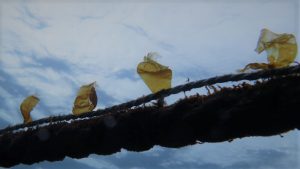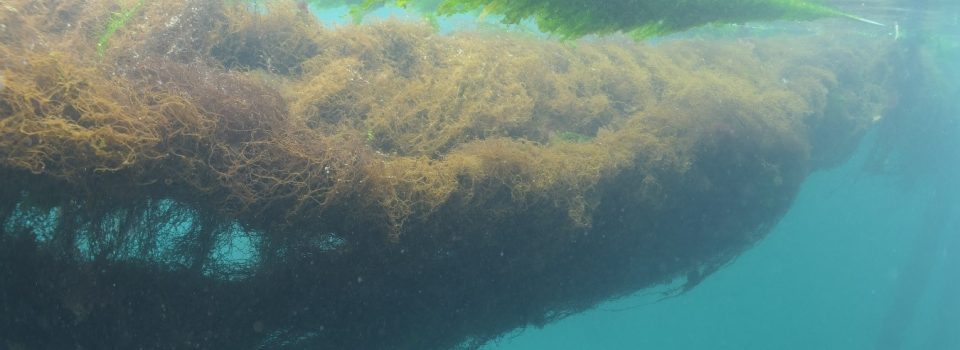Outstanding participation of IFOP researchers in VIII National Aquaculture Congress
December 10th, 2021
Held between November 29th and December 3rd, the VIII National Aquaculture Congress was held. The event was organized by Universidad Catolica de Temuco (UCT) together with Chilean Aquaculture Society (SCHACUI), also with IFOP sponsorship. Instance which proposes to form a joining point between academia, institutions and intensive aquaculture productive sector, as well as small-scale (artisanal), suppliers and services, in order to share advances, proposals, innovations, diversification and improvements, aimed at making a more sustainable activity, environmentally friendly and, above all, achieving recognition of aquaculture contribution in localities surroundings where the activity takes place.
From IFOP Fisheries Research Division, Gonzalo Muñoz participated with “Effects of social outbreak and reduced mobility due to COVID-19 on salmonid exports from Los Lagos Region: An estimate with panel data”. Possible consequences of both externalities were evaluated, considering an indicator variable for first and continuous for the second,mobility variation (ISCI | COVID Analytics), in exported salmonids production from Los Lagos Region, quantified in MMUS $ FOB, using panel data design fitted with linear regression models, without lags. Discussing efficiency of fixed and random effects of the specified model in FOB billing response.
And from IFOP Aquaculture Division, researchers Sebastián Cook presented with “Experiences of small-scale aquaculture of algae and bivalves on Chiloé island”. It shows cultivation experiences results of three macroalgae species, Agarophyton chilense ( pelillo), Chondracanthus chamissoi (sea chicory) and Macrocystis pyrifera (huiro), as well as co-cultivation of bivalves Crassostrea gigas (Japanese oyster), Choromytilus chorus (shoe woolly) and Mytilus chilensis (Chorito) with macroalgae. Different culture structures were used (e.g. long line, stretchers, plansa), which generated variable results associated with sites and also type of culture structure. Implications in terms of diversification of small-scale aquaculture (PSA) are discussed.
Francisco Galleguillos with “Gaps and challenges in small-scale aquaculture development in Chile: a bio-economic modeling view”. Bioeconomic analysis tool is used as a tool to analyze different production stages, both in hatchery and in seawater phase, and thus estimate potential benefits of Small-Scale Aquaculture (PSA) practices. Biological, technological, environmental and economic information was modeled to estimate potential productivity, income and benefits for users who undertake this type of cultivation practices. Gaps and challenges to project this activity are discussed.
Francisco Cárcamo with ” Aquaculture Contribution to repopulation and ecological restoration in Chile”. Results of a bibliographic review and empirical evidence on the contribution of hatchery and fattening aquaculture, of the last three decades, to repopulation and ecological restoration in Chile are presented. Lines of action and research are proposed and discussed to understand these interactions and update its respective normative and regulatory frameworks.
